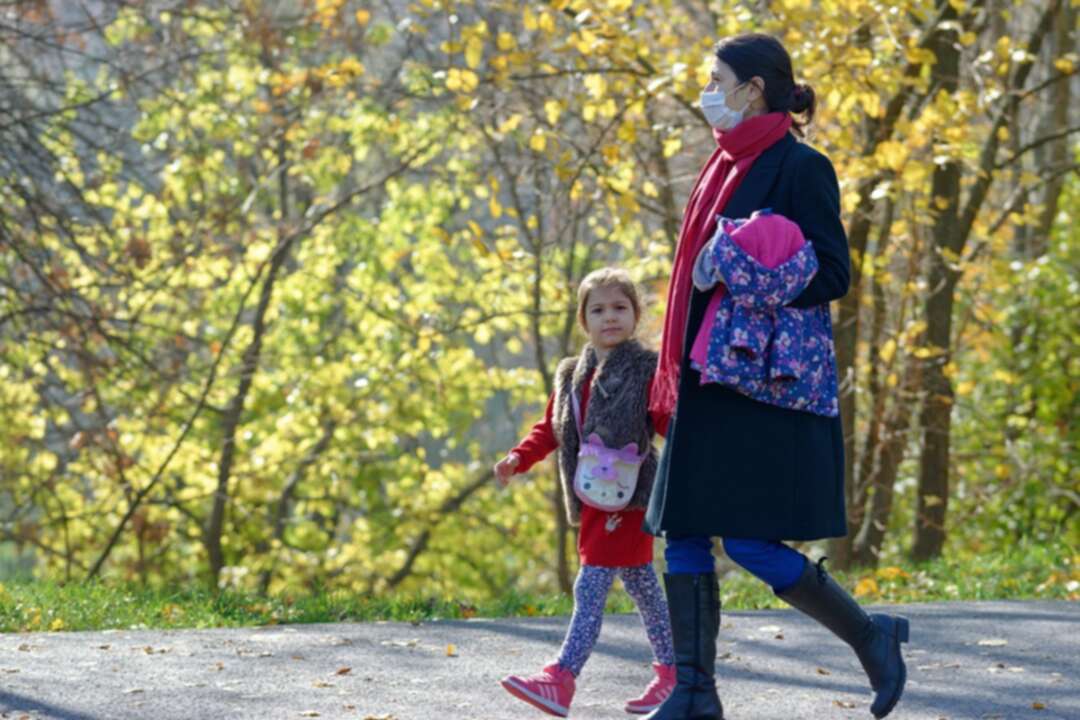-
France to start easing COVID-19 restrictions after school holidays

The Xinhua reported, French Minister of Education Jean-Michel Blanquer said here on Friday, France will begin easing COVID-19 restrictions when schools reopen after the February holidays.
Students will return from the break on Feb. 21 in the country's school holiday Zone A and on Feb. 28 in Zone B.
He said, primary schools will move from a Level 3 COVID protocol to a more relaxed Level 2.
The wearing of face masks will no longer be mandatory in schools' outdoor spaces and the individual educational institutions' safety rules will be determined at school rather than at class level.
Except contact sports, students will be allowed to play sports indoors without a mask.
Under the relaxed rules, students identified as close contacts of a positive COVID-19 case will only need to take one self-administered test instead of the current three.

"This system will make the lives of parents and teachers easier," Blanquer said, adding that "the health situation in the country's schools is improving, it is even better than what was expected."
Citing an "improvement in the health situation," Minister of Health Oliver Veran said on Friday that the updated rules will no longer require people to wear face masks indoors from Feb. 28.
France adopts vaccine pass law to curb country's surging COVID-19 cases
However, the mask mandate remains in force on public transportation and in indoor areas where the vaccine pass is not mandatory.
The French government has been gradually easing COVID-19 restrictions since Feb. 2.
From Feb. 16, people will be allowed to eat snacks and drink in stadiums and cinemas, and to drink while standing in bars and during concerts. Night clubs are also set to reopen on that day.
France announces new Covid-19 restrictions but no curfew for New Year’s eve
On Thursday, the French Public Health Agency reported 153,025 new COVID-19 cases, a decrease compared to previous weeks. According to the agency, 79 percent of the country's population have already been fully vaccinated.
Source: xinhua
You May Also Like
Popular Posts
Caricature
BENEFIT Sponsors BuildHer...
- April 23, 2025
BENEFIT, the Kingdom’s innovator and leading company in Fintech and electronic financial transactions service, has sponsored the BuildHer CityHack 2025 Hackathon, a two-day event spearheaded by the College of Engineering and Technology at the Royal University for Women (RUW).
Aimed at secondary school students, the event brought together a distinguished group of academic professionals and technology experts to mentor and inspire young participants.
More than 100 high school students from across the Kingdom of Bahrain took part in the hackathon, which featured an intensive programme of training workshops and hands-on sessions. These activities were tailored to enhance participants’ critical thinking, collaborative problem-solving, and team-building capabilities, while also encouraging the development of practical and sustainable solutions to contemporary challenges using modern technological tools.
BENEFIT’s Chief Executive Mr. Abdulwahed AlJanahi, commented: “Our support for this educational hackathon reflects our long-term strategic vision to nurture the talents of emerging national youth and empower the next generation of accomplished female leaders in technology. By fostering creativity and innovation, we aim to contribute meaningfully to Bahrain’s comprehensive development goals and align with the aspirations outlined in the Kingdom’s Vision 2030—an ambition in which BENEFIT plays a central role.”
Professor Riyadh Yousif Hamzah, President of the Royal University for Women, commented: “This initiative reflects our commitment to advancing women in STEM fields. We're cultivating a generation of creative, solution-driven female leaders who will drive national development. Our partnership with BENEFIT exemplifies the powerful synergy between academia and private sector in supporting educational innovation.”
Hanan Abdulla Hasan, Senior Manager, PR & Communication at BENEFIT, said: “We are honoured to collaborate with RUW in supporting this remarkable technology-focused event. It highlights our commitment to social responsibility, and our ongoing efforts to enhance the digital and innovation capabilities of young Bahraini women and foster their ability to harness technological tools in the service of a smarter, more sustainable future.”
For his part, Dr. Humam ElAgha, Acting Dean of the College of Engineering and Technology at the University, said: “BuildHer CityHack 2025 embodies our hands-on approach to education. By tackling real-world problems through creative thinking and sustainable solutions, we're preparing women to thrive in the knowledge economy – a cornerstone of the University's vision.”
opinion
Report
ads
Newsletter
Subscribe to our mailing list to get the new updates!






















